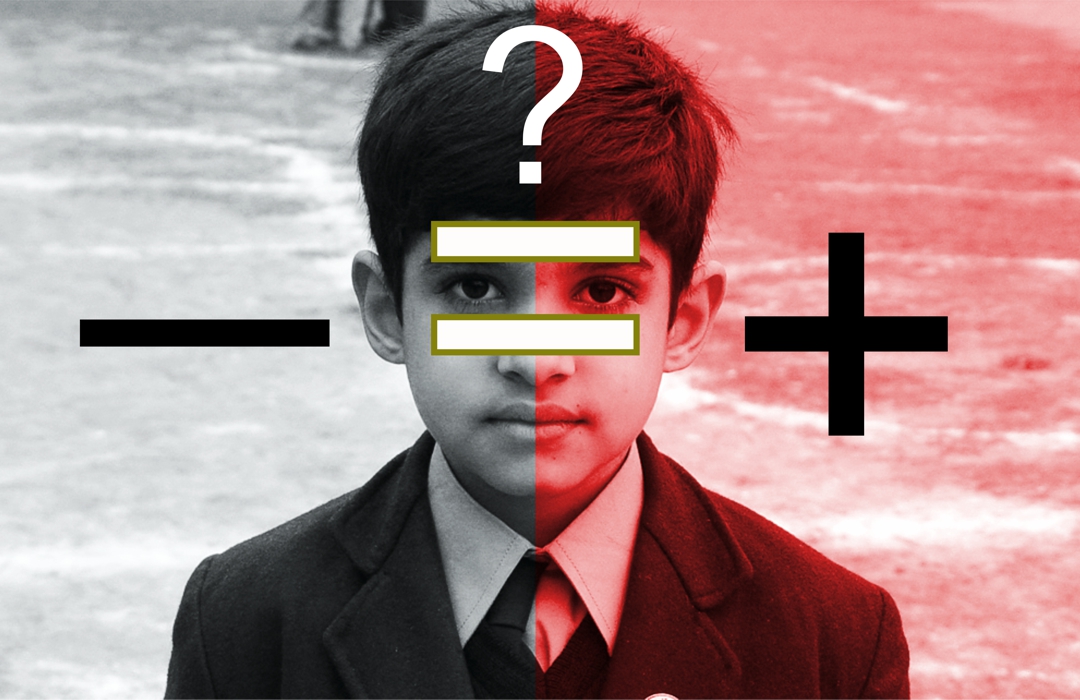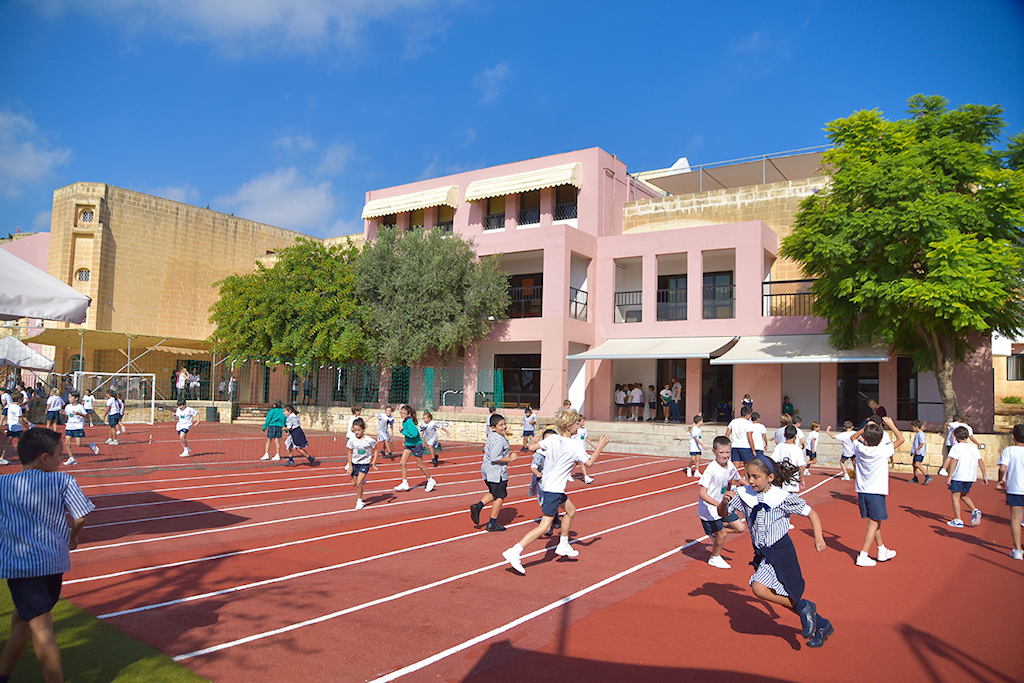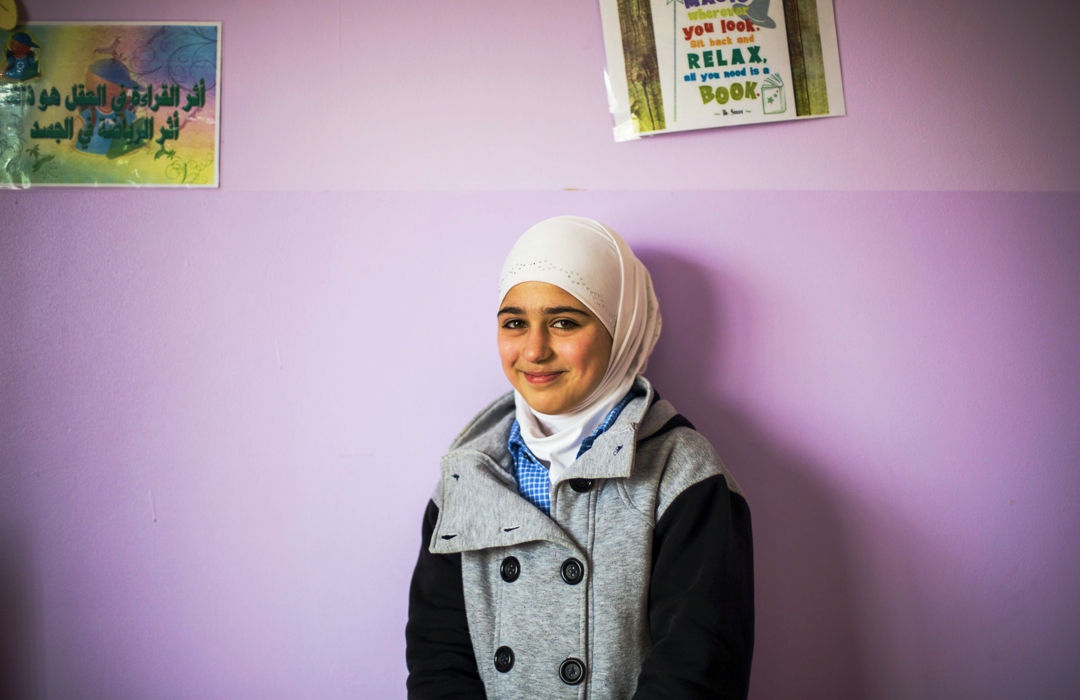
Isn’t free and equal education for all the bastion of equal opportunity? Not if the education system segregates children according to the thickness of their parents’ wallets.
by the IotL Magazine
Collage by the IotL Magazine
[dropcap]O[/dropcap]verall, Malta occupies a joint 15th place on the EU Social Justice Index. However, Malta is at the bottom of the European Union’s standings in the area of equitable education.
What are the challenges educators, students and their parents are facing in Malta? Do private schools deliver higher standards in education? Is the current education system truly a vehicle for upward social mobility? And what about those not moving ‘upward’?
Finally, the most pertinent question is whether education is a means to acquire knowledge or a marker of superiority, a way to distinguish the ‘educated us’ from an ‘ignorant them’?
The reading list below tackles these and other questions.

Part 1. Segregation in Education
1. Parenting Dilemmas: State or Private Schools?
by Rita M.

In this article, a parent spells out what not many in Malta are willing to mention: how we have slipped into the uncomfortable situation of segregating children according to the thickness of their parents’ wallets.
“I can understand the appeal of feeling reassured by what you perceive as a sound investment in your son or daughter’s schooling and future. Private schools are endowed with the means to provide a return on that investment, whereas the heavily underfunded public schools struggle to keep up with basic infrastructural maintenance.
Is the education system in Malta is justifiable or indeed desirable in today’s social context?
I can also understand that some well-off parents will see this as necessary compensation for the time they cannot afford to give their kids. I can understand all that and am not interested in expressing any judgement with regard to the choices made by parents.
What interests me here is whether the education system we have in this country, with its state/church/independent schools, is justifiable or indeed desirable in today’s social context.”
Read more here.
2. How Equitable is Maltese Education?
by Carmel Borg
The performance gaps between the sectors that constitute the compulsory education scene in Malta—state, church and independent—are indeed significant.
Malta has a non-state, compulsory school system that accounts for around 40% of the student cohort. The ‘flight’ of the middle-class to the non-state sector has not only impoverished the state sector in terms of its social mix but has also concentrated the gravest social, emotional and behavioural challenges within the state provision.
The ‘flight’ of the middle-class to the non-state sector has not only impoverished the state sector in terms of its social mix but has also concentrated the gravest social, emotional and behavioural challenges within the state provision.
Such ‘flight’ has also created a differentiated habitus where social class distinctions and class-based differences in educational performance, linked to economic, social and cultural capital, are reproduced.
The mean reading score of students attending independent schools is significantly higher than church schools, which in turn is significantly higher than state schools. In all school types, girls perform significantly better than boys in reading.
Males and females attending independent schools and females attending church schools are scoring significantly higher in reading, compared to the international average. Conversely, male and female students attending state schools are scoring significantly lower.
Read more here.
3. Equitable Education in Malta—An Optical Illusion
by Carmel Borg
Maltese education system structurally and organisationally has served middle-class students much more than their working-class counterparts. For far too long, this education system has appeared meritocratic while being savagely selective beyond meritocracy.
This system streamed children very early in their educational life, sending students to different classes within the same grade; classes which represented qualitatively different educational experiences, expectations and results.
This system streamed children very early in their educational life, sending students to different classes within the same grade; classes which represented qualitatively different educational experiences, expectations and results.
The system, which profiled and tracked students down to the end of compulsory education, perpetuated an unofficial league table of prestigious and less prestigious schools. It allowed for an ever-growing non-state sector to amass middle-class students on grounds that ranged from the purely social and economic to the pseudo-meritocratic.
The net result of such highly selective conditions was a geographically-segregated education system; an educational scenario where working-class students were overly represented in the lower streams of primary education and in the perceived less-prestigious and factually under-resourced area secondary schools.
Read more here.
4. Muslim Students in Maltese Schools: Outsiders Looking in
by Louise Chircop

Presently, Muslims in our schools can be compared to students who require a wheelchair but no ramps and easy access doors are built for them. Schools are not free of prejudice and do not make the necessary arrangements to provide these pupils favourable conditions for learning.
Various studies indicate that schools do not seem to be free of prejudice. One such study shows how the presence of non-European pupils in a particular school elicited disturbing reactions from teachers, administration and pupils. Some teachers harboured prejudices and generalised certain behaviour as if it pertained to a whole nation or race.
Various studies indicate that schools do not seem to be free of prejudice. Some teachers harboured prejudices and generalised certain behaviour as if it pertained to a whole nation or race.
One head of school said that sometimes teachers attributed a child’s action to his or her ‘race’. For example, when a student presents what is perceived as untidy work he hears teachers comment that the student did so, ‘Ghax dak missieru Gharbi’, which translates into English as ‘Because his father is an Arab’.
The interviewed head of school was very concerned because she said that such an attitude would keep these children from learning and maximising their potential. She added that when teachers were not open and accepting of other cultures and religions they were bound to be racist. Moreover, Muslim students are very often considered as non-Maltese migrants, even though they might be Maltese.
Read more here.
5. Ignorance in the Age of Permanent Education
by Bernard Cauchi

For the past years we have been bombarded by discourses such as ‘knowledge economy’, ‘high skilled jobs’ and ‘human capital’, and simultaneously I have been witnessing an intensification of the need for all to indulge in ‘lifelong learning’. Thus, the ‘lifelong learning’ mantra has gradually substituted the term ‘adult education’. This shift is much more than a mere change in terminology.
While the principle of adult education is underpinned by ideals of emancipation and equity, lifelong learning advocates a perceived need to focus on permanent training and employability. Leaving aside the details of what this change entailed, I only note that one of its major effects was to further emphasize the dichotomy between an ‘educated us’ versus an ‘ignorant them’.
Read more here.

Part 2. Education and Neoliberalism
6. Strange Bedfellows: Education, Neoliberalism and the Need for Subversion
by Bernard Cauchi

The neoliberal ideology has not only ensured that educational practices are being modelled on practices from business world, it has become the dominant philosophy of most educational institutions.
“What would you like to be when you grow up?” is a question which accompanies children through their educational journeys. Rather than guided to engage critically with economic structures from a very young age, children are moulded in relation to the labour market (an impossible feat in most cases, given the fluctuation of the labour market). Positive aspects such as teamwork, creativity and leadership skills are all read from such a perspective.
School subjects are seen in a kind of hierarchy whereby subjects which are linked to the worlds of science, technology and the financial world are given more importance, space and resources than the humanities.
The labour market also determines the students’ choice of optional subjects when they are not yet teenagers. An effect of this is that school subjects are seen in a kind of hierarchy whereby subjects which are linked to the worlds of science, technology and the financial world are given more importance, space and resources than the humanities (whereas the latter could constitute a basis for critical pedagogy).
Read more here.
7. University—the Ivory Tower is Part of Society, Not Removed from It
by Anna Katarrh

Universities and especially the humanities, whose use for job markets and economic growth tends to be called into question, are often asked to justify their existence and their use of tax payers’ money for seemingly non-useful endeavours. How about turning the argument around?
Rather than asking universities, teachers and students interested in all sorts of different subjects to justify their interests, we could demand a society which is precisely about creating spaces for the pursuit of such interests. This would be a society with the development of knowledge, thought and communication as one of its core practices.
The continuous deliberation, debate and actualisation of different ways of social life, of knowledge, creativity and practices should really be recognised a value in itself.
The continuous deliberation, debate and actualisation of different ways of social life, of knowledge, creativity and practices should really be at the centre of any political community; not only in the sense of producing useful knowledge and skills but also as a value in itself.
Within this social order and in view of an increasing economisation of all aspects of life, including the university, we should fight as much as we can for possible spaces of critical thought, of experimentation, rigorous debate and controversial, dissenting research and learning—for everyone, not just for those preselected by the educational system.
Leave a Reply